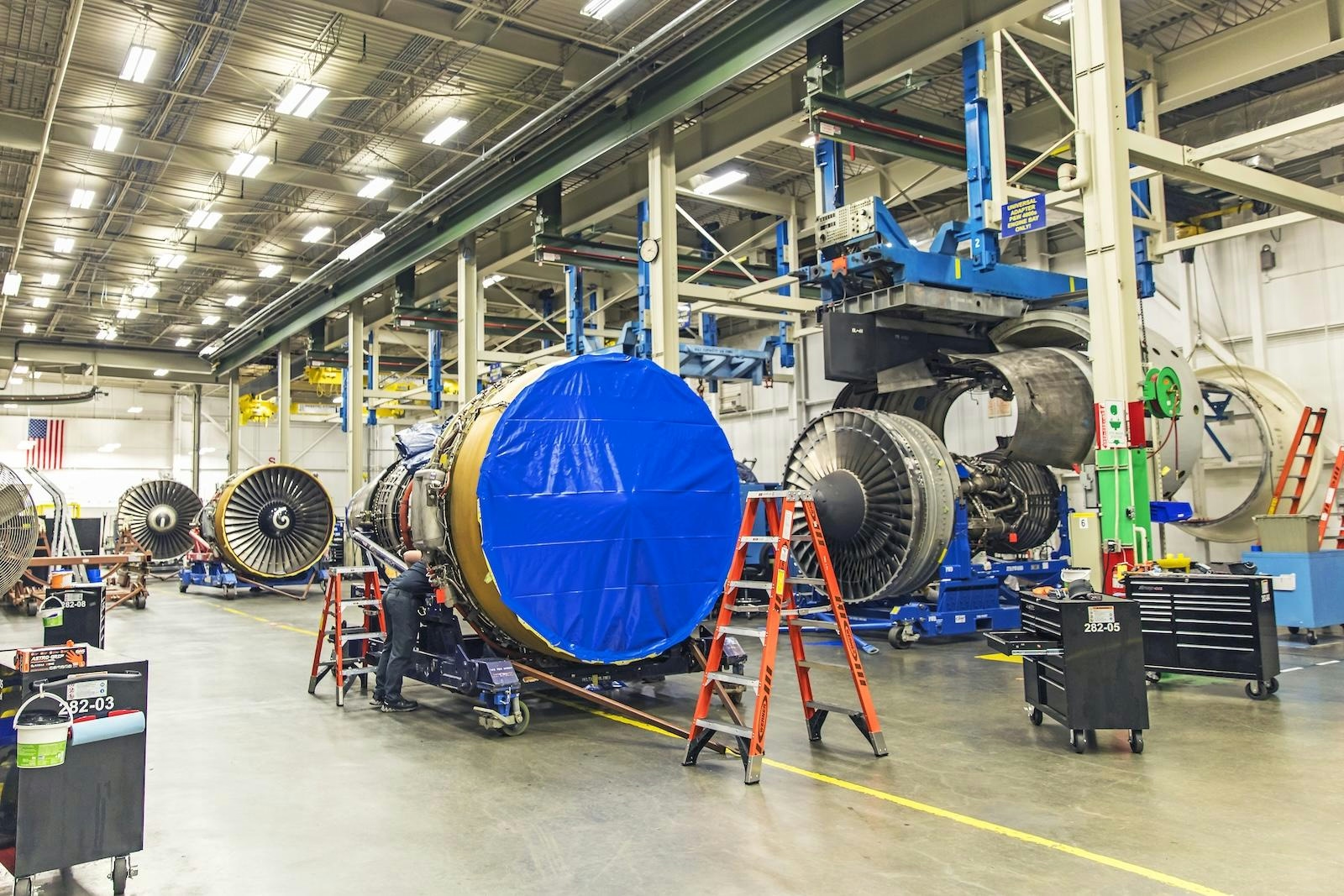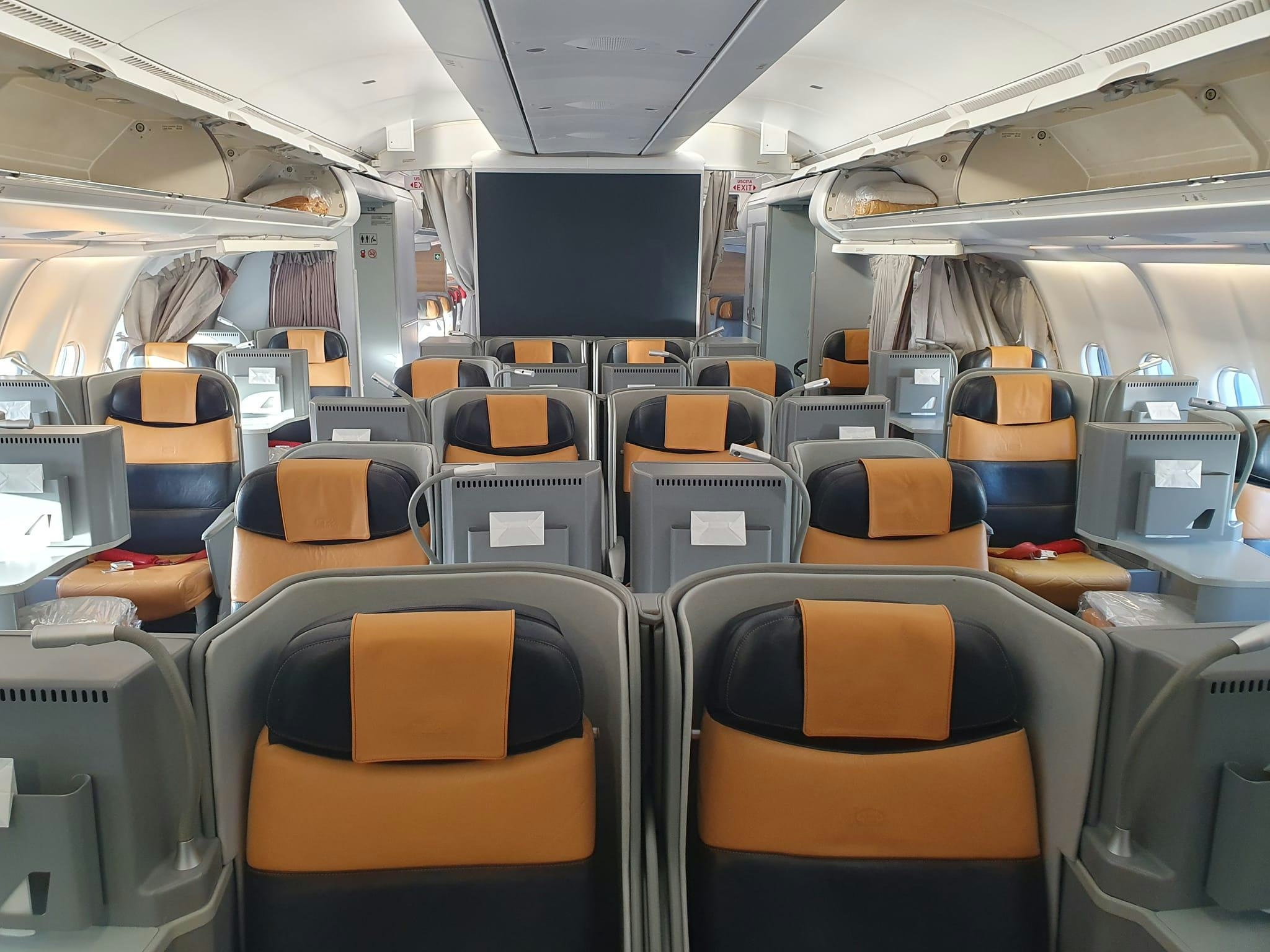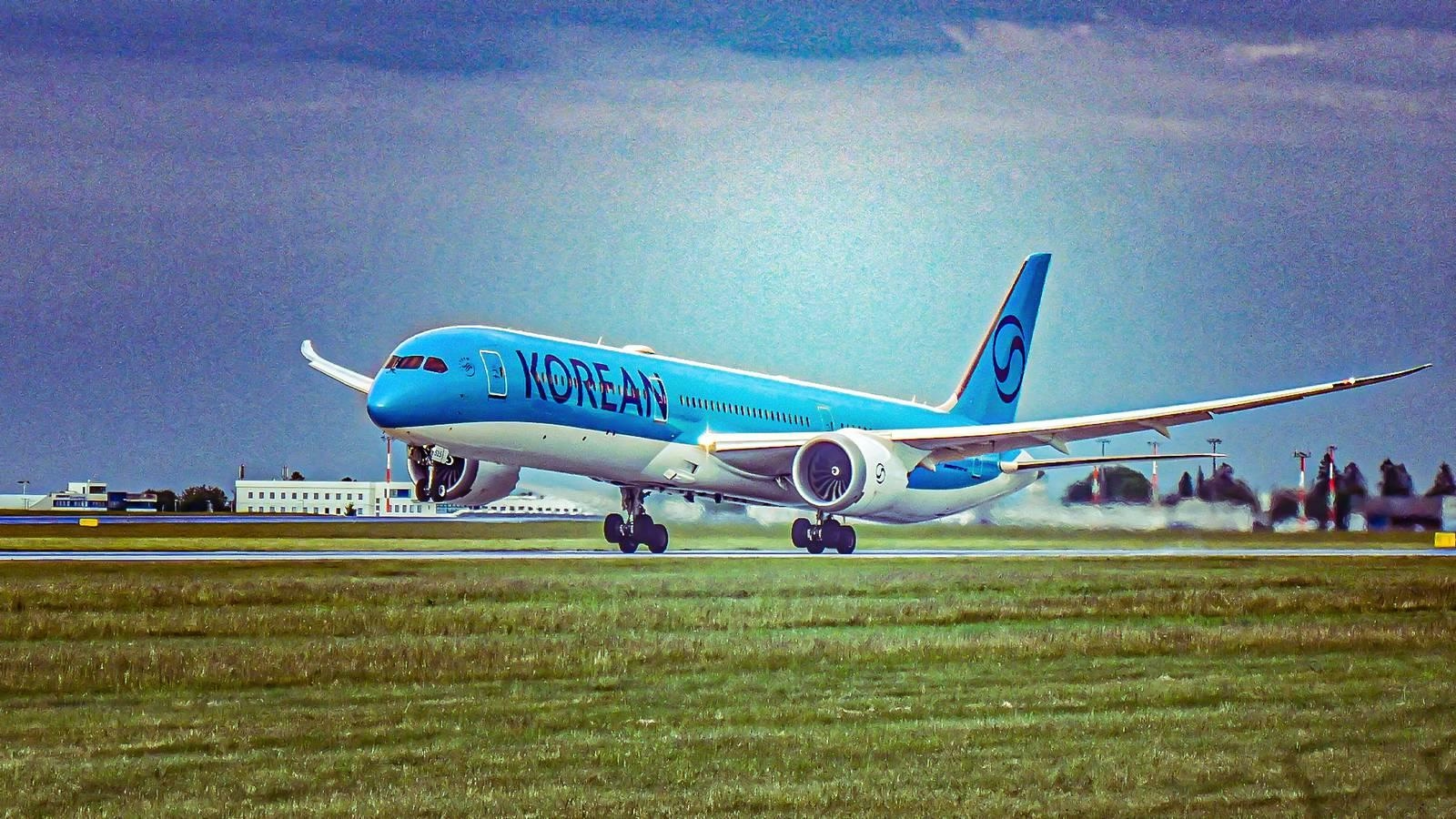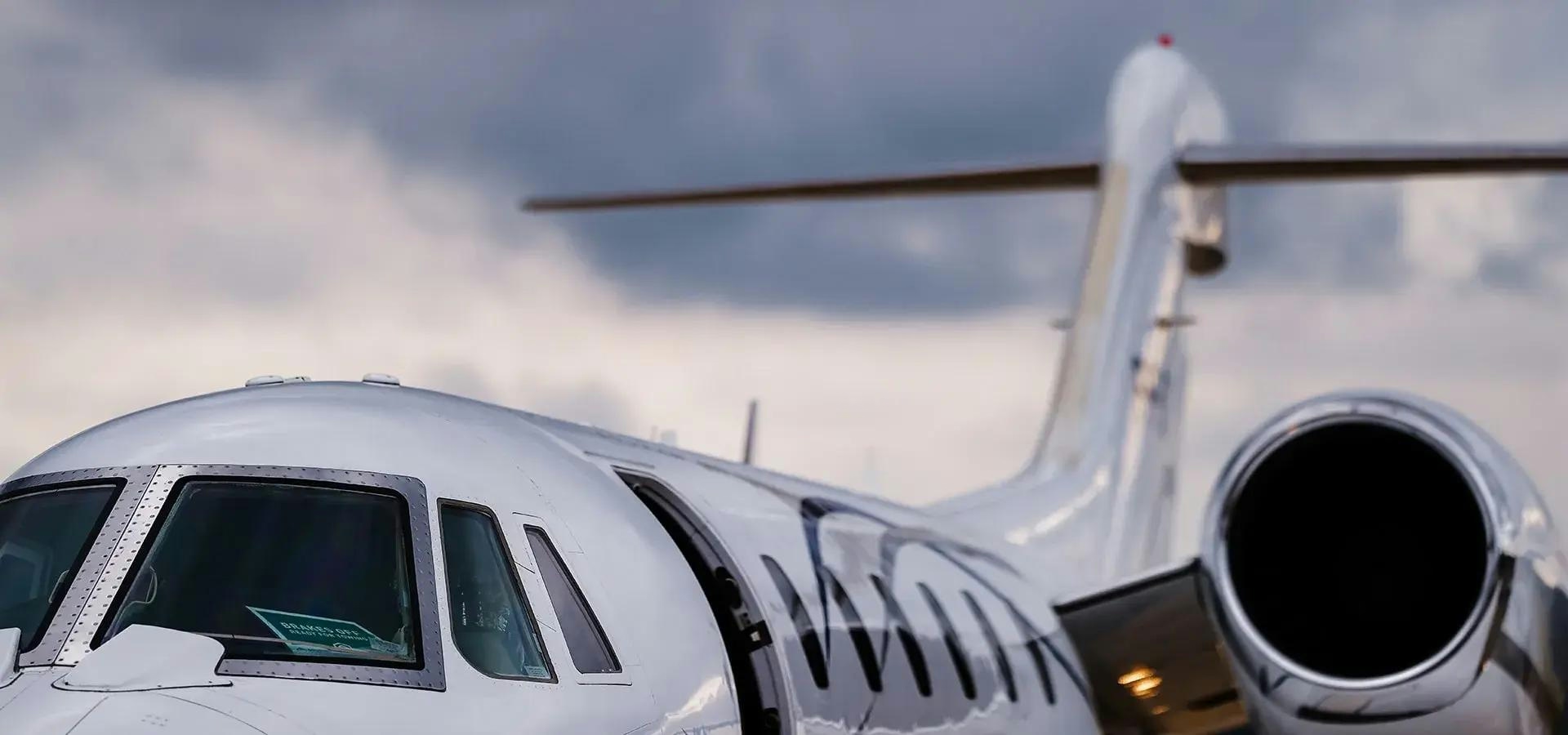
AeroGenie - مساعد الطيار الذكي الخاص بك.
الرائج الآن
Categories
BigBear.ai's AI Security Solutions Support Aviation Recovery

BigBear.ai’s AI Security Solutions Support Aviation Recovery Amid Evolving Threats
As the global aviation industry recovers from the disruptions caused by the COVID-19 pandemic, it confronts a dual challenge: managing a surge in passenger volumes while countering increasingly sophisticated security threats. BigBear.ai (NYSE: BBAI) is positioning itself at the forefront of this evolving landscape. The company’s recent collaboration with Analogic to integrate its AI-driven threat detection technology into CT scanners represents a pivotal advancement in aviation security, enabling BigBear.ai to capitalize on the expanding $20 billion global market.
Strategic Integration of AI and Hardware
BigBear.ai’s Pangiam® Threat Detection platform has been embedded into Analogic’s ConneCT™ CT scanners, marking a significant innovation in airport security protocols. By utilizing artificial intelligence to analyze CT scan data in real time, the system enhances threat identification accuracy while reducing false positives—an essential improvement for airports aiming to expedite passenger processing. The platform’s open-architecture design offers airports the flexibility to integrate diverse hardware and software components, safeguarding their investments against rapid technological obsolescence. CEO Kevin McAleenan emphasizes that this adaptability allows airports to “respond to emerging threats without overhauling their entire infrastructure.”
Nonetheless, the dynamic nature of AI security introduces new vulnerabilities. Emerging risks such as agentic AI exploits, data poisoning, and model deserialization highlight the necessity for a secure-by-design framework. BigBear.ai is committed to continuously evolving its solutions by incorporating specialized AI security measures to counter both conventional and novel threats effectively.
Financial Performance and Market Momentum
BigBear.ai’s financial results for the first quarter of 2025 underscore its growing influence in the aviation security sector. The company reported a 5% year-over-year revenue increase, reaching $34.8 million, driven by contracts with the Department of Homeland Security and initiatives in digital identity verification. Its backlog expanded by 15% compared to 2024, totaling $385 million, reflecting strong demand for its biometric and AI-powered systems deployed at U.S. ports of entry.
Despite narrowing its net loss to $62 million from $127.8 million in the previous year’s quarter, the company continues to operate at a loss. Management remains optimistic, reaffirming full-year revenue guidance between $160 million and $180 million and projecting losses in the single-digit millions. The stock has declined approximately 30% year-to-date, reflecting investor caution over sustained losses, yet this downturn may present an entry point ahead of anticipated margin improvements.
Drivers of Growth in Aviation Security
The sector’s expansion is propelled by two primary trends. First, airports are modernizing legacy screening systems by adopting AI-enhanced technologies. Analogic’s extensive installed base of over 3,000 CT scanners provides a substantial market for BigBear.ai’s software solutions. Second, governments are increasingly mandating biometric systems that link traveler identities to threat databases, an area where BigBear.ai’s AI capabilities are particularly effective.
Automation of threat detection not only enhances accuracy but also reduces the need for manual staffing. Industry estimates suggest that CT scanners equipped with Pangiam technology can process approximately 20% more passengers daily compared to traditional systems, thereby improving operational efficiency.
Challenges and Competitive Environment
BigBear.ai faces several challenges in its pursuit of market leadership. Delays in government funding have contributed to excess capacity costs, while Analogic’s CT scanners compete against established industry players such as Smiths Detection and Thales. The broader AI security market is intensely competitive, with significant investments from major technology firms potentially exerting downward pressure on prices and profit margins. Competitors are also likely to adopt similar AI-driven security solutions to maintain their market share.
Additionally, declining public trust in AI—fueled by concerns over security vulnerabilities—poses a significant national security risk. Developing robust and trustworthy AI systems is critical not only for operational success but also for sustaining public confidence in these technologies.
Investment Perspective
Trading at $2.80 per share, BigBear.ai’s stock is valued at approximately 7.5 times the midpoint of its 2025 revenue guidance, representing a discount relative to peers such as Palantir Technologies (PLTR). Analysts’ consensus target price of $4.00 implies a potential upside of 43%, contingent on the company’s ability to improve profit margins. While the investment remains speculative, BigBear.ai’s strategic focus on secure, adaptable AI solutions positions it as a noteworthy contender in the rapidly evolving aviation security market.

Etihad Airways Introduces New A321LR with Enhanced Comfort

Rolls-Royce Considers India for Aircraft Engine Production Hub

Southwest Joins Other Major Airlines in Operating the World’s Largest Narrowbody Fleets

Aviation Industry Faces Delays Amid Spare Parts Shortage

How and Why Aircraft Dump Fuel

Major Aviation Conferences and Airshows in 2026

ITA Airways to Retire Airbus A330ceo Fleet in New Year

Airlines Ground Hundreds of Planes Amid Engine Repairs and Defect Backlogs

Common Misconceptions About the Boeing 787 Dreamliner
